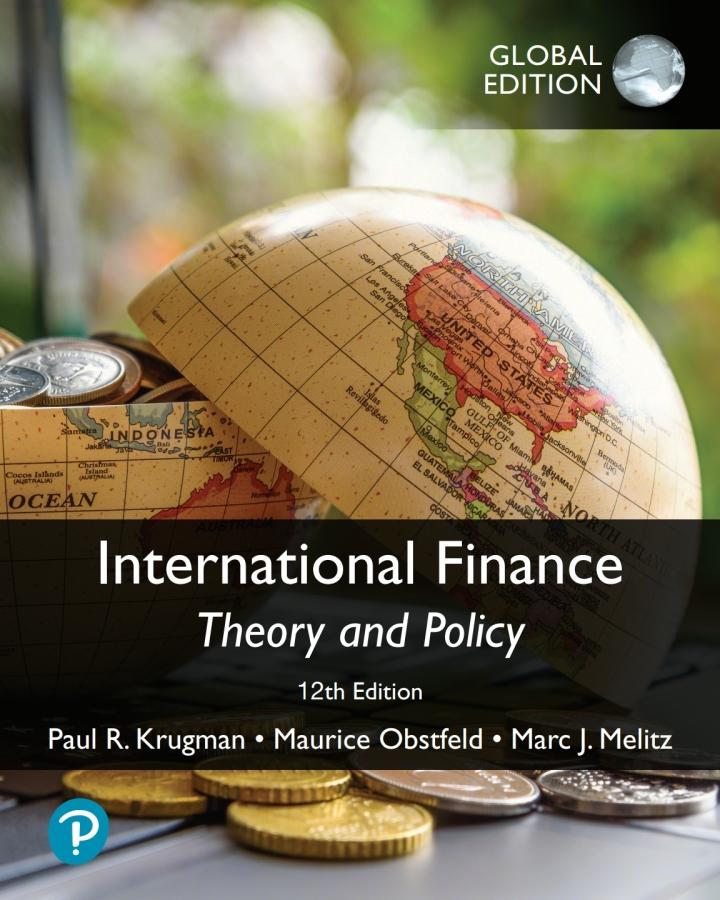1. Which of the following best describes the tort of slander per se at common law? a impugning the chastity of a woman b. accusing a person of a crime 3 I c. defaming a person in her business or profession d. claiming a person suffers from a loathsome disease e. all of the above f none of the above 2. Which of the following describes the effect of an altered instrument? a. a party making payment on an altered instrument may recover the original amount of the instrument from the maker b. the maker is fully discharged from liability on the instrument c. the risk of loss is upon the party accepting the instrument d. b and c only e, all of the above 3. Section 402(a) of the Restatement of Torts addresses which of the following? a. strict liability b. battery c. negligence d. comparative negligence 4. Replevin is a/the cause of action that may be used in what scenario? a. defamation b. age discrimination c. to recover identified yet converted property d. none of the above 5. Which of the following does not describe the benefit of operation in the corporate form (excluding closely held corporations)? a. the liability of the shareholders is limited b. many owners (shareholders) can participate c. profits can pass to the shareholderslwithout taxation at corporate level d. governance can be spread among a number of individuals 6. A cause of action for negligence requires which of the following: a. a legal duty b. a demonstrated breach of the legal duty c. damages proximately caused d. a, b and c e. a and b only f. a and c only a 7. The payment of bribes by corporate officers from corporate funds to induce the 7. The payment of bribes by corporate officers from corporate funds to induce the issuance of a contract is: a. subject to approval by the Board of Directors b. an ultra vires" act c. may be ratified by a shareholders' vote d. an effective way of doing business 8. The breaking and entry to the dwelling house of another at night with the intent to commit a felony constituted what crime at common law? a. larceny b. theft by deception c. RICO d. none of the above 9. Which of the following is not an event of Dissociation of a Partner? a. voluntary withdrawal b. unanimous vote of other partners to dissociate partner c. court order for dissociation d. engagement by partner in wrongful conduct e. all of the above f none of the above









